Egyptian archaeologists recently uncovered the remains of an ancient fortress built along the historic road mentioned in Sefer Shemos — the very route described in the Torah as the shorter path from Mitzrayim to Eretz Canaan. The Egyptian Ministry of Tourism and Antiquities announced the find on October 11, noting that the fortress was discovered at Tell El-Kharouba, near Sheikh Zuweid in North Sinai.
The structure dates back over 3,000 years, to the New Kingdom period (circa 1550 – 1070 BCE) — the same general era traditionally associated with Yetzias Mitzrayim.
The Torah records: “וַיְהִי בְּשַׁלַּח פַּרְעֹה אֶת־הָעָם וְלֹא־נָחָם אֱלֹקים דֶּרֶךְ אֶרֶץ פְּלִשְׁתִּים כִּי קָרוֹב הוּא, כִּי אָמַר אֱלֹקים פֶּן־יִנָּחֵם הָעָם בִּרְאֹתָם מִלְחָמָה וְשָׁבוּ מִצְרָיְמָה. וַיַּסֵּב אֱלֹקים אֶת־הָעָם דֶּרֶךְ הַמִּדְבָּר יַם־סוּף.” (Shemos 13:17–18)
The “shorter route” referred to in the pasuk is identified by archaeologists as the Horus Military Road, which stretched from Mitzrayim toward Eretz Canaan — and it is precisely along this route that the newly discovered fortress stood.
According to Egyptian officials, the outpost is among the largest and most significant fortifications yet uncovered along the Horus Road. The fortress spans an impressive 86,100 square feet, with eleven defensive towers revealed so far. Archaeologists also uncovered pottery shards, ceramic vessels, and a jar handle stamped with the royal seal of Pharaoh Thutmose I, who ruled from approximately 1506 to 1493 BCE.
Within the compound, researchers found volcanic stones believed to have been imported by sea from the Greek islands, as well as a large clay oven and even fossilized remnants of dough — vivid evidence of the soldiers’ daily sustenance.
“The discoveries confirm that the fortress was a fully functioning military center supporting the daily life of Egypt’s soldiers,” the ministry statement said.
Officials say the fortress was part of a vast chain of outposts built to guard Mitzrayim’s eastern frontier and to secure the vital trade routes leading toward Canaan.
Sherif Fathy, Egypt’s minister of tourism and antiquities, described the find as “a tangible embodiment of the genius of the ancient Egyptians in constructing an integrated defensive system to protect Egypt’s land,” adding that it “reveals new chapters of Egypt’s distinguished military history and reinforces Sinai’s status as a land bearing unique civilizational evidence across the ages.”
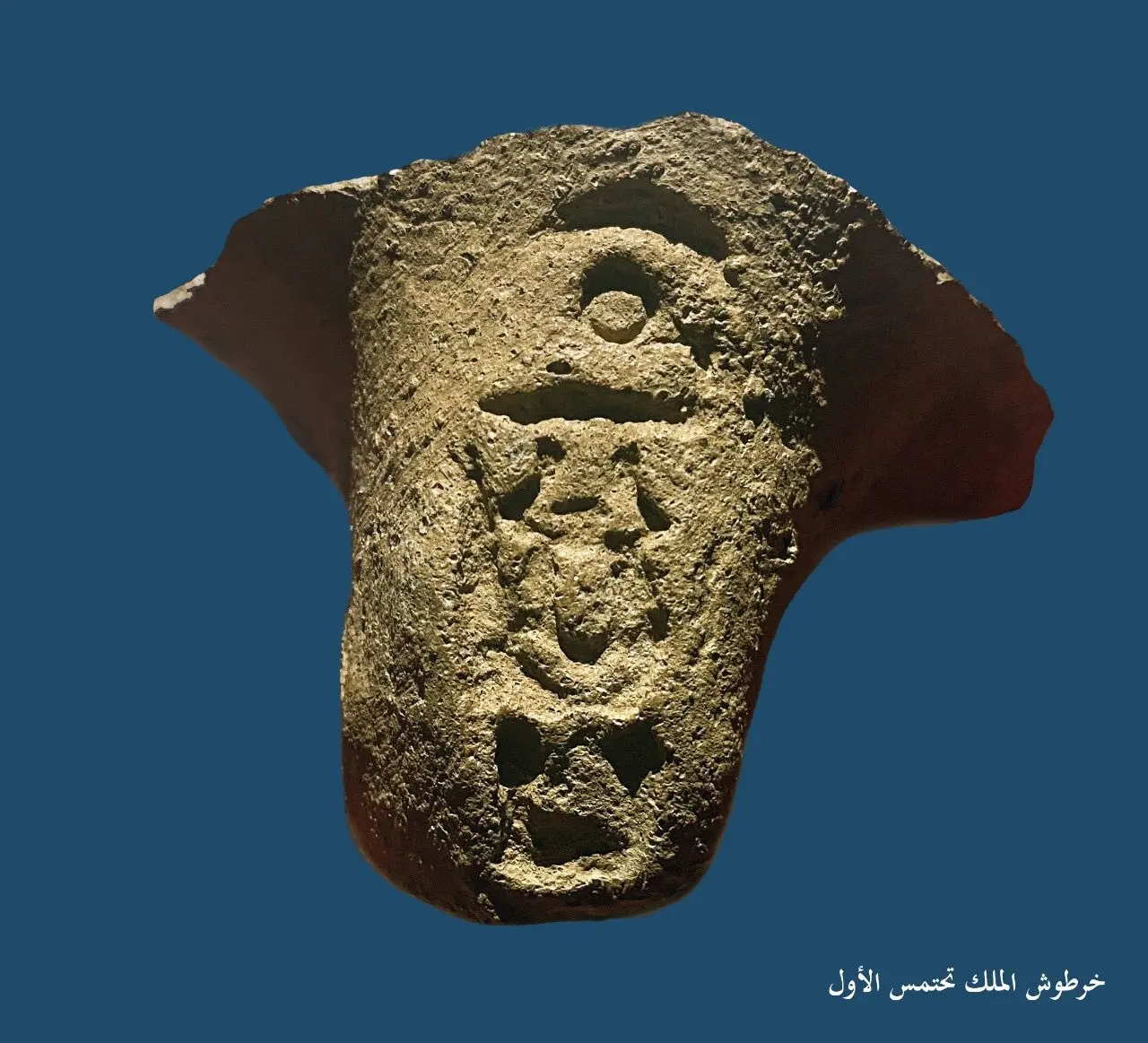
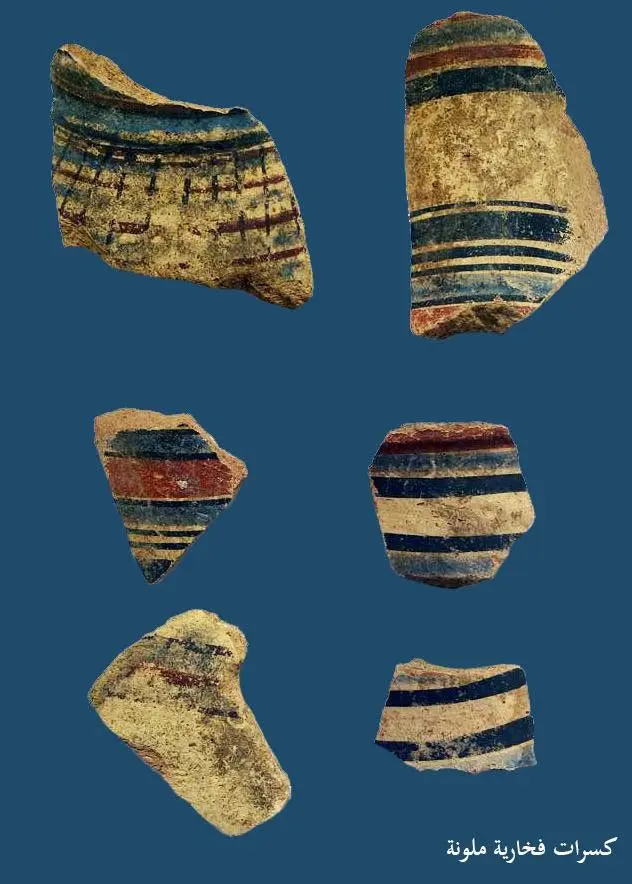
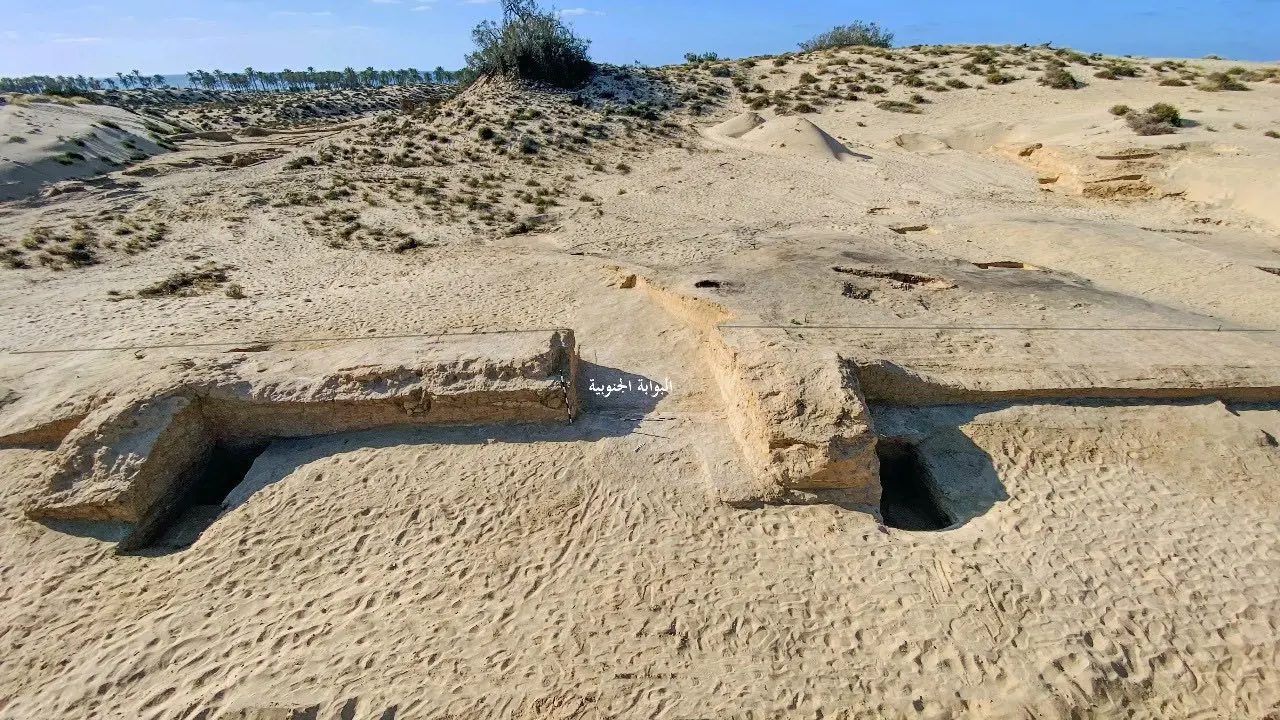
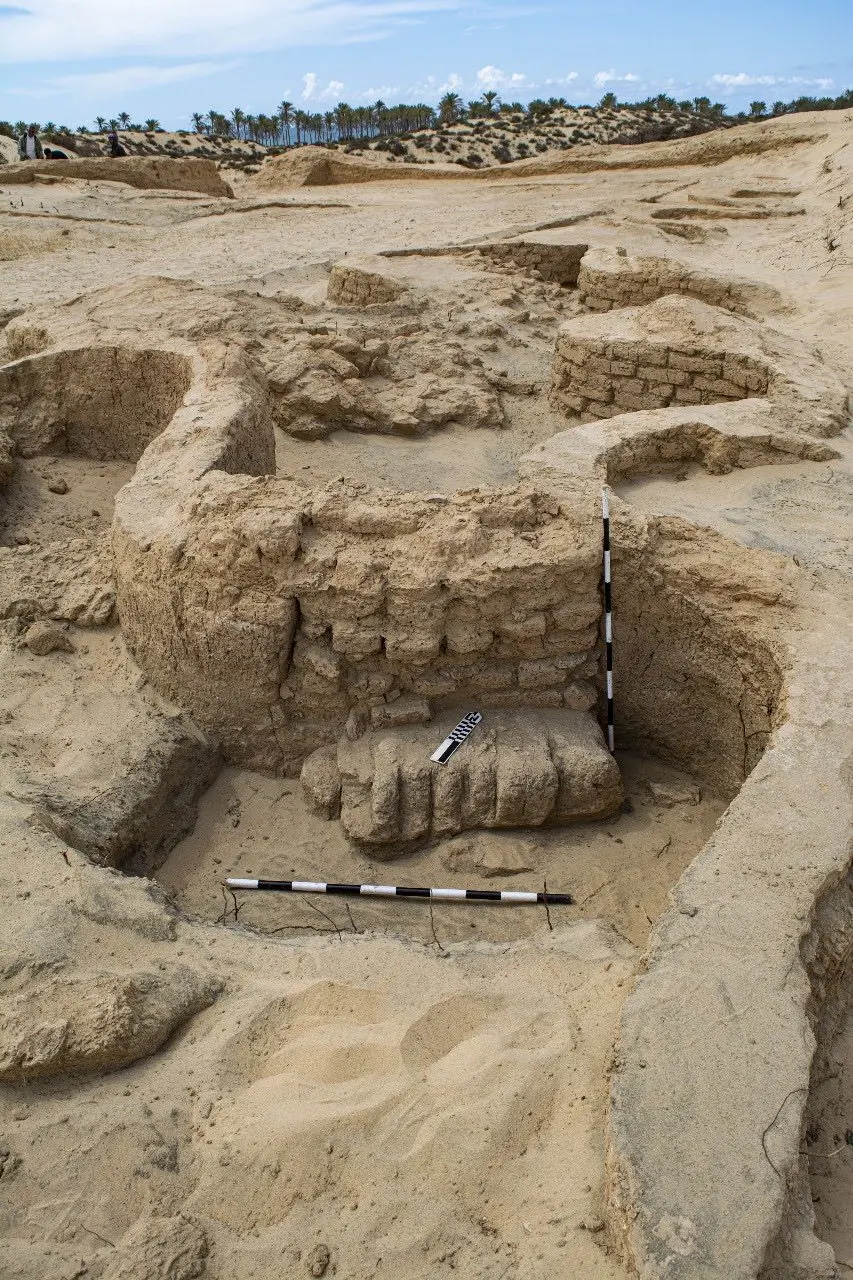
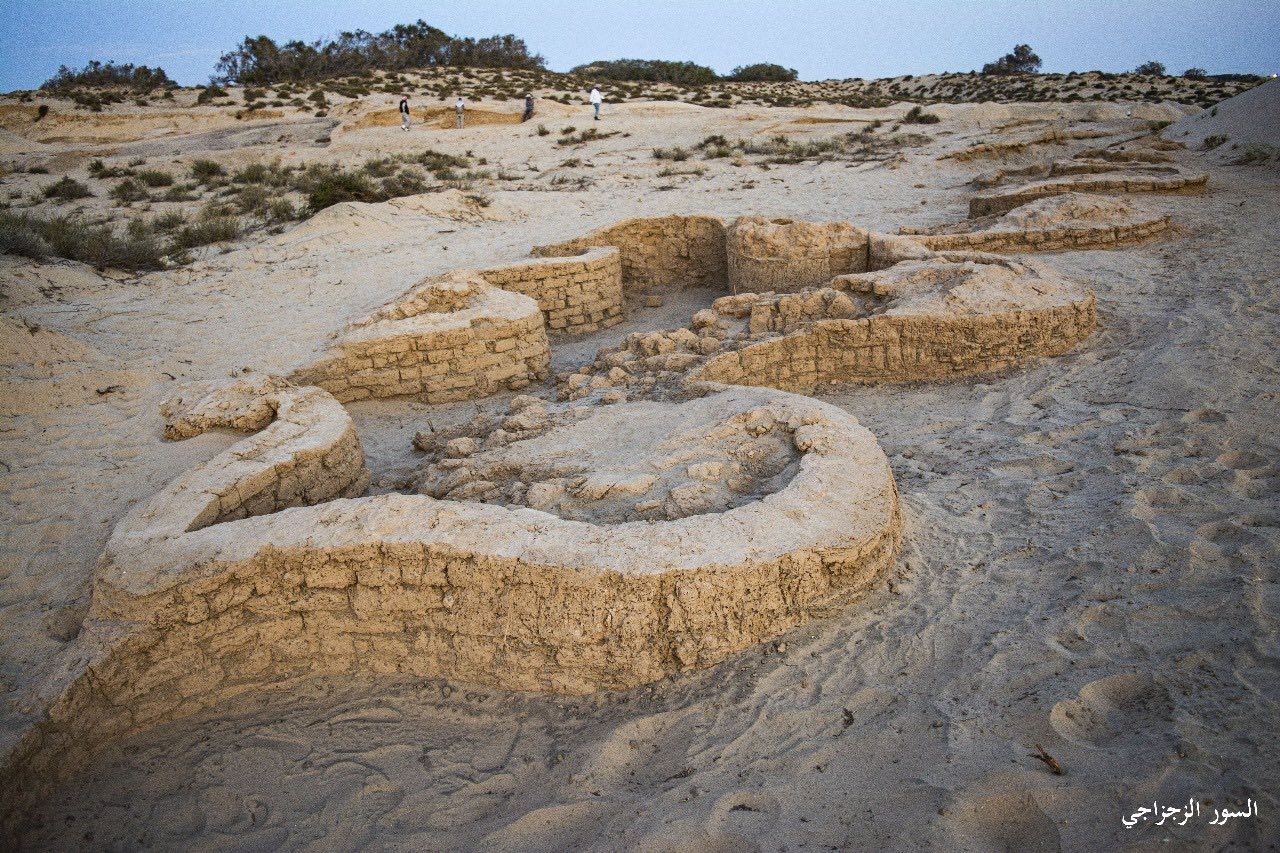
(YWN World Headquarters – NYC)

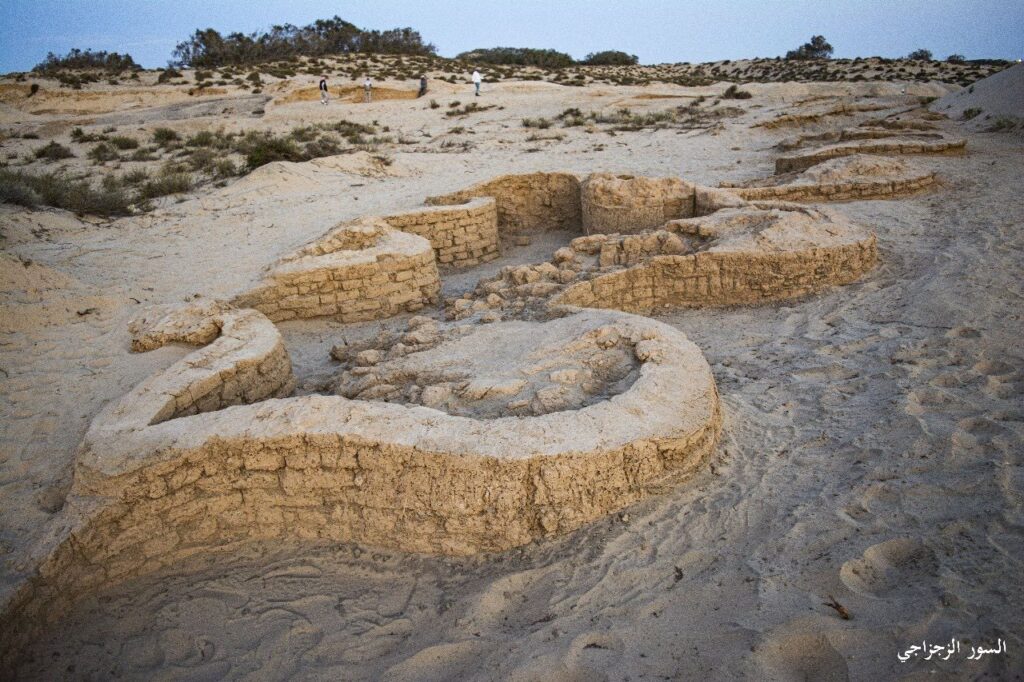










2 Responses
The Torah is most alive anytime and anywhere someone is learning Torah. Who wrote the title of this post?
Wow! Moshiach times